The European Union led the way on pledging aid for war-torn Syria on Monday at a large-scale donor drive in Brussels, although the call for funding to support the country after Bashar Assad’s ouster risked falling short of last year as U.S. support dries up.
Western and regional powers are desperate to steer Syria onto the road to stability after 14 years of civil war that have sent millions of refugees over its borders.
For the first time, the Syrian authorities were represented at the annual conference in Brussels, with interim foreign minister Asaad Hassan al-Shaibani attending.
European Commission head Ursula von der Leyen said Brussels was stepping up its commitment for this year and next to almost 2.5 billion euros ($2.7 billion) to help those in Syria and neighboring countries.
“Syrians need greater support, whether they are still abroad, or they decide to go home,” she told the Brussels conference.
The vow from Brussels came on top of significant contributions from individual countries, including some $330 million from Germany and $210 million from Britain.
Last year’s donor drive raised 7.5 billion euros in grants and loans to help the people of Syria. The overall total for this year will be announced later Monday.
Efforts to top that level this time around look set to be hit by U.S. President Donald Trump’s axing of Washington’s foreign aid budget.
Up until now, the United States has been the single biggest individual donor to fund humanitarian efforts in Syria, according to the United Nations.
Syria’s new rulers, headed by interim president Ahmed al-Sharaa have been clamoring for assistance to help the country’s recovery.
Syria urges sanction relief
The EU has eased sanctions on key sectors of the economy, but along with other powers it insists the authorities must make good on promises for an inclusive transition.
“We do appreciate the major measures taken by the European Union, such as the lifting or suspending of the sanctions,” al-Shaibani said.
“However, these measures did not live up so far to our expectations. We want further measures in order to help us secure our recovery.”
There have been positive moves from Damascus, including al-Sharaa signing a constitutional declaration laying out a five-year transitional period, and rights for women and freedom of expression.
But hopes were shaken by the recent brief violence on Syria’s Mediterranean coast between the new security forces and loyalists of the former government, which reportedly killed hundreds.
Al-Shaibani insisted that the new authorities would bring to justice “anyone who perpetrated any crime, whose hands are stained with blood.”
“We believe in the true sense of citizenship, the citizenship of every single citizen of Syria, regardless of their ethnicity or religion,” he said.
The EU has held its annual donor drive for Syria for the past eight years but it mainly focused on supporting refugees in neighboring countries and avoided any contacts with the Assad regime.
Syria’s needs are massive as swathes of the country lie in ruins and the economy has been ravaged by years of international isolation after Assad’s 2011 crackdown on opposition sparked the civil war.
The country still faces a dire humanitarian situation, with an estimated 16.7 million people in need of assistance.
“It would be a mistake to disinvest from Syria now,” said Mirjana Spoljaric, president of the International Committee of the Red Cross.
“Humanitarian aid remains a lifeline that millions of Syrians depend on. Severing it now would only deepen their suffering and prolong the country’s recovery,” she said.
The United Nations says that, at current growth rates, Syria would need more than 50 years to get back to its economic level before the outbreak of the war.

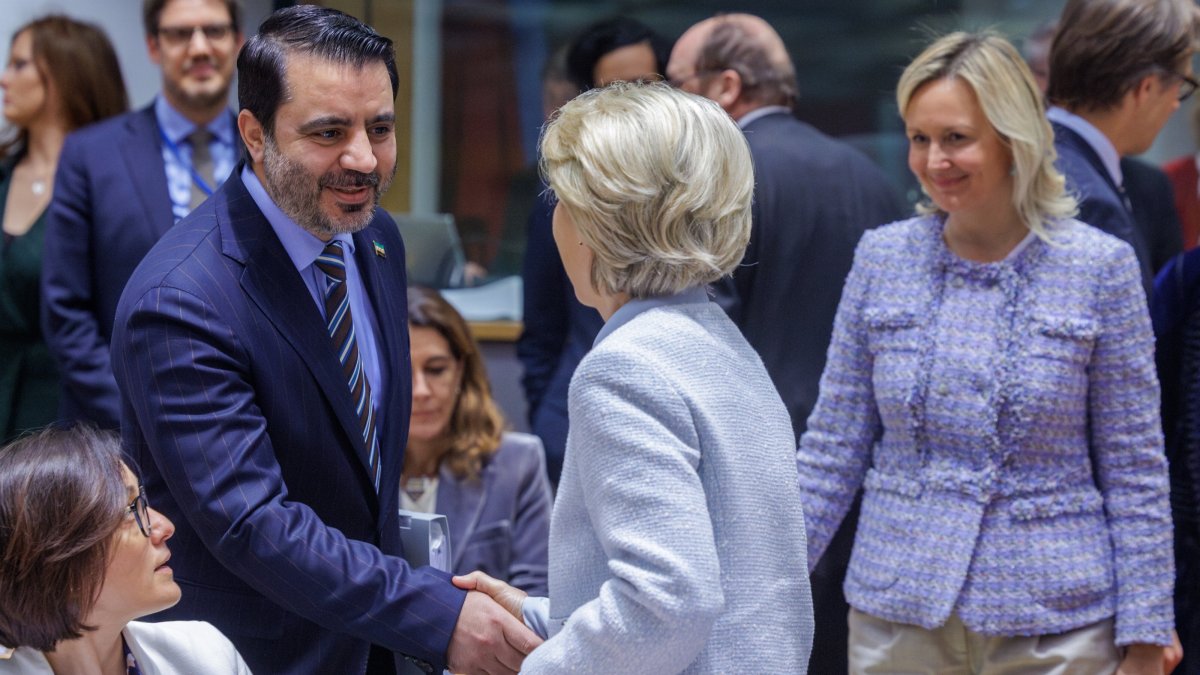




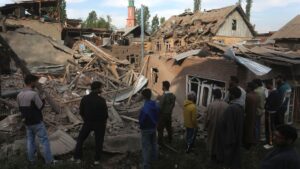





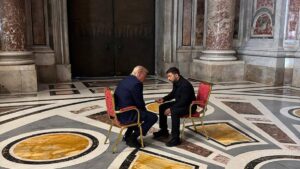
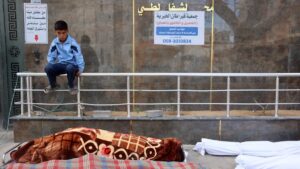







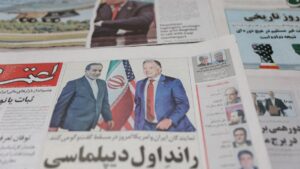



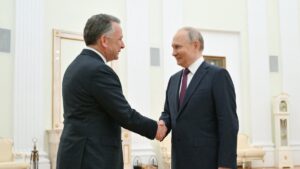






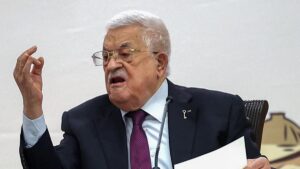











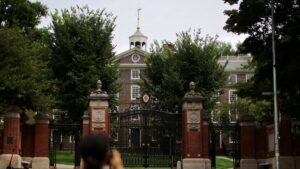

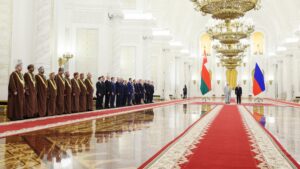
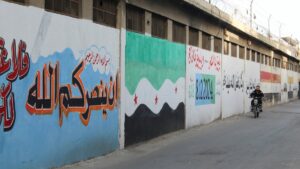

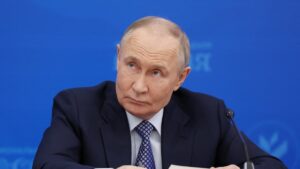


Be First to Comment